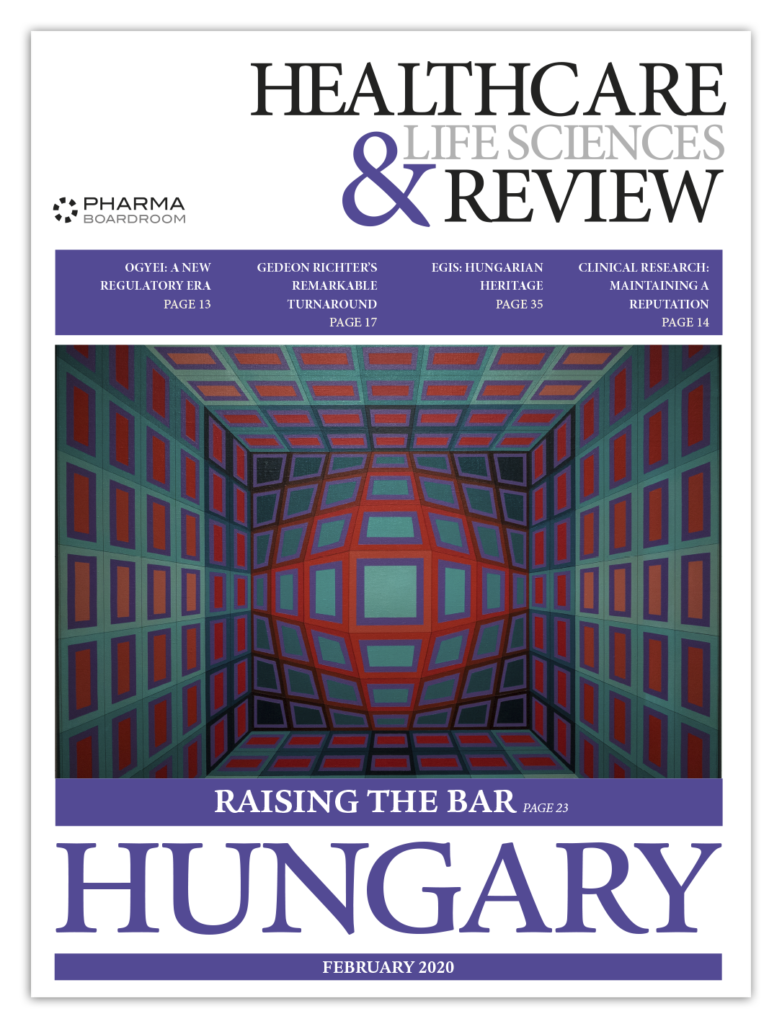In line with its status as one of Europe’s most dynamic economies, Hungary is aiming to boost both its life sciences industry and the level of healthcare it provides to its citizens. Year-on-year GDP growth stood at 4.8 percent in 2019, driven on by a burgeoning domestic pharmaceuticals industry which accounted for 7.5 percent of the total economy and 4.9 percent of all exports.
This report examines how Hungary is aiming to capitalise on its rich expertise in pharmacology, with local champions such as Egis and Gedeon Richter rapidly internationalising, clinical research activities on the up, and increasingly innovative academia-industry research partnerships being established.
However, Hungary still has a long road to travel to catch up with Western European standards of healthcare. Serious access issues for innovative treatments persist, out-of-pocket spending as a percentage of total healthcare spending stands at 29 percent – almost double the EU average – and public hospitals are mired in debt. This, combined with the high prevalence of lifestyle-related cardiovascular and oncological diseases, means that Hungarians live on average five years less than the EU average.







